We are each a part of many different groups, teams, and organisations in our lives – this is unavoidable. Groups are powerful – we want to belong, and yet there is something dangerous about becoming too enmeshed with groups. We have painful historical examples to draw from, such as the Holocaust or the Salem Witch Trials. In today’s Western culture, we are experiencing unprecedented groupthink, political radicalisation, and polarisation between groups.
If we can learn to understand the currents and hidden dynamics within group life, we stand to benefit immensely. Not only might we gain on a personal level (better relationships, more effective leadership), but we may also become more influential in service to a better world.
Gods, Heroes and Groups helps readers conceptualise group dynamics in a deeper way and builds the creative muscle required for generating insight into how their groups operate. The methodology is somewhat novel, synthesising post-Jungian ideas about myth with modern theories of group psychology. Myths carry deep archetypal meaning that can ‘decode’ the unconscious elements in groups, which is especially powerful when combined with modern psychological frameworks.
This type of thinking is a useful skill for executive coaches, facilitators, and therapists who work with groups or family systems, and for anyone looking to understand the effects of groups on the individual.


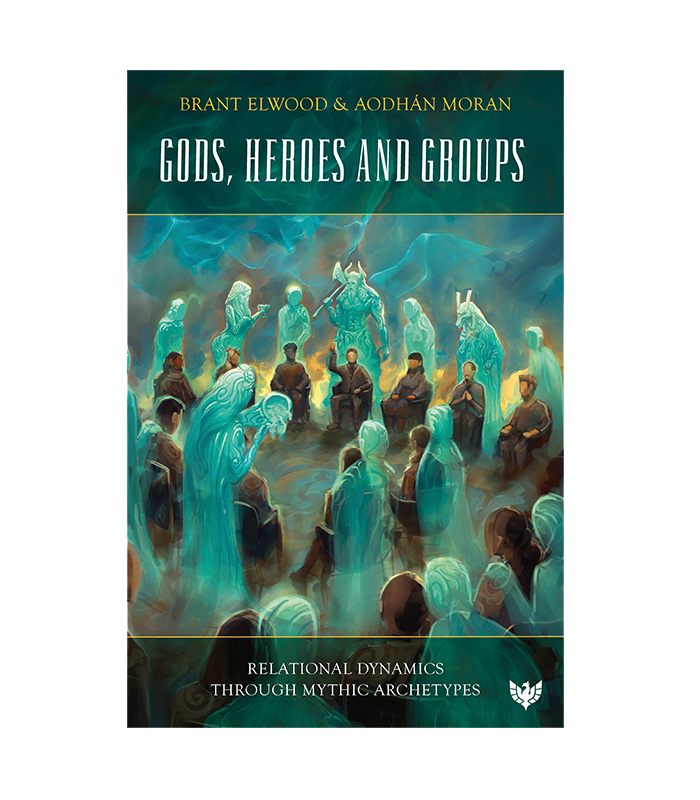
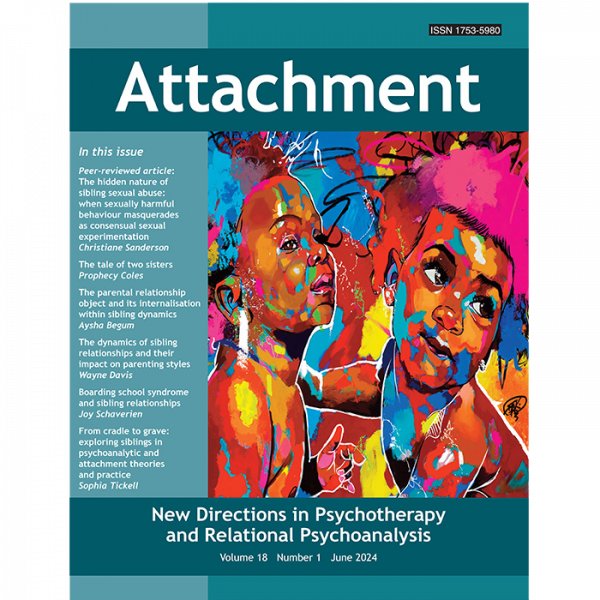
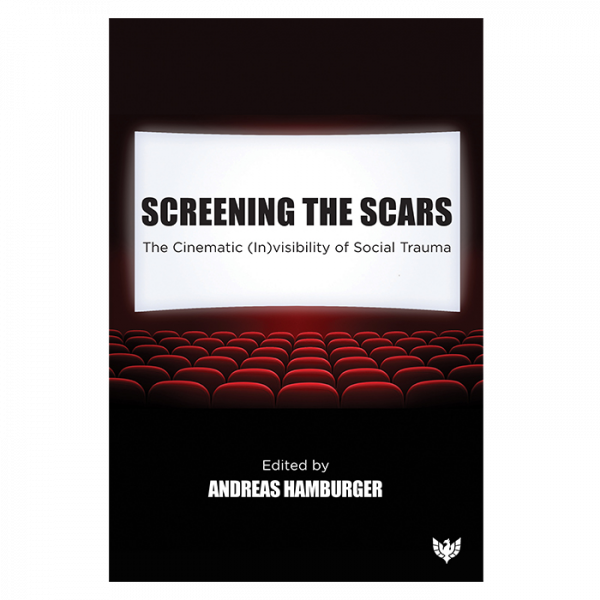
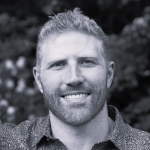 Brant Elwood has a MA in Social-Organisational Psychology from Columbia University and is a therapeutic consultant. He has held leadership positions within several therapeutic treatment organizations. During the pandemic, he directed a non-profit that utilised myth and archetypal theory to conduct rites of passage work with young men in the southeast US.
Brant Elwood has a MA in Social-Organisational Psychology from Columbia University and is a therapeutic consultant. He has held leadership positions within several therapeutic treatment organizations. During the pandemic, he directed a non-profit that utilised myth and archetypal theory to conduct rites of passage work with young men in the southeast US.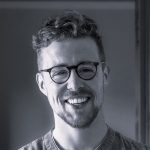 Aodhán Moran has one foot in psychology and the other in technology. Starting his career in tech and e-commerce, Aodhán worked various roles in start-ups and scale-ups across Galway, San Francisco, and Toronto before pursuing a career in clinical psychology.
Aodhán Moran has one foot in psychology and the other in technology. Starting his career in tech and e-commerce, Aodhán worked various roles in start-ups and scale-ups across Galway, San Francisco, and Toronto before pursuing a career in clinical psychology.
Raymond Bakaitis, PhD, President of the A. K. Rice Institute for the Study of Social Systems –
‘Brant Elwood and Aodhán Moran offer us a unique language to think and talk about roles we take in groups. The archetypal lens they use elucidates and brings freshness to experiences in groups, as well as adding emotional feel and a sense of poetry. Their work is relevant to the emerging interest in group relations communities in connecting to the legacies and cultural myths of our ancestors. While the authors are knowledgeable and experienced, it is their palpable sense of awe that makes the book fun to read.’
Sheri-Ann Cowie, PhD, Conference Director for the Center for the Study of Groups and Social Systems –
‘Brant Elwood and Aodhán Moran’s riveting stories link gods and heroes to contemporary societal struggles, illustrating how we navigate authority, power, and leadership within groups. These complex narratives highlight the unwelcoming nature of group membership and that roles—Hero, Jester, Villain—play vital functions in relieving tensions and resolving conflicts. Professionals working with systems can leverage myths to promote nuanced thinking and discussions about roles in systems.’
Leslie Brissett, PhD, former Group Relations Programme Director at the Tavistock Institute of Human Relations –
‘With the advent of artificial intelligence, this book points us robustly back to the domains of human intelligence. The mythic realm is not just the unconscious, it is the place of dreams, fears, capacities, and creativity. Brant Elwood and Aodhán Moran invite leaders and advisers to delve deeper. The group mind may offer a new way to live and work in harmony with man and machine and paradoxically deepen our ability to live sustainably in partnership with nature.’
James Krantz, PhD, organisational consultant and researcher from New York City and Managing Principal of Worklab –
‘This wonderful book draws our attention to the nexus of mythology, psychoanalysis, spirituality, and group life. It fills a gap that contains extraordinary insights into our cultural inheritance as well as about today’s struggles. The writing is accessible and direct, but by no means simplistic. I wholeheartedly encourage anyone interested in these disciplines to read this book that puts systems psychodynamic thinking squarely at the centre of Western civilisation. It will help anyone interested in this nexus to become more effective.’
Nick Campion MBACP, Therapy Today, September 2025, Volume 36, Issue 7 –
‘The book makes fascinating observations about group dynamics, and the authors demonstrate broad and deep scholarship around mythic archetypes, spanning cultures and ages.’